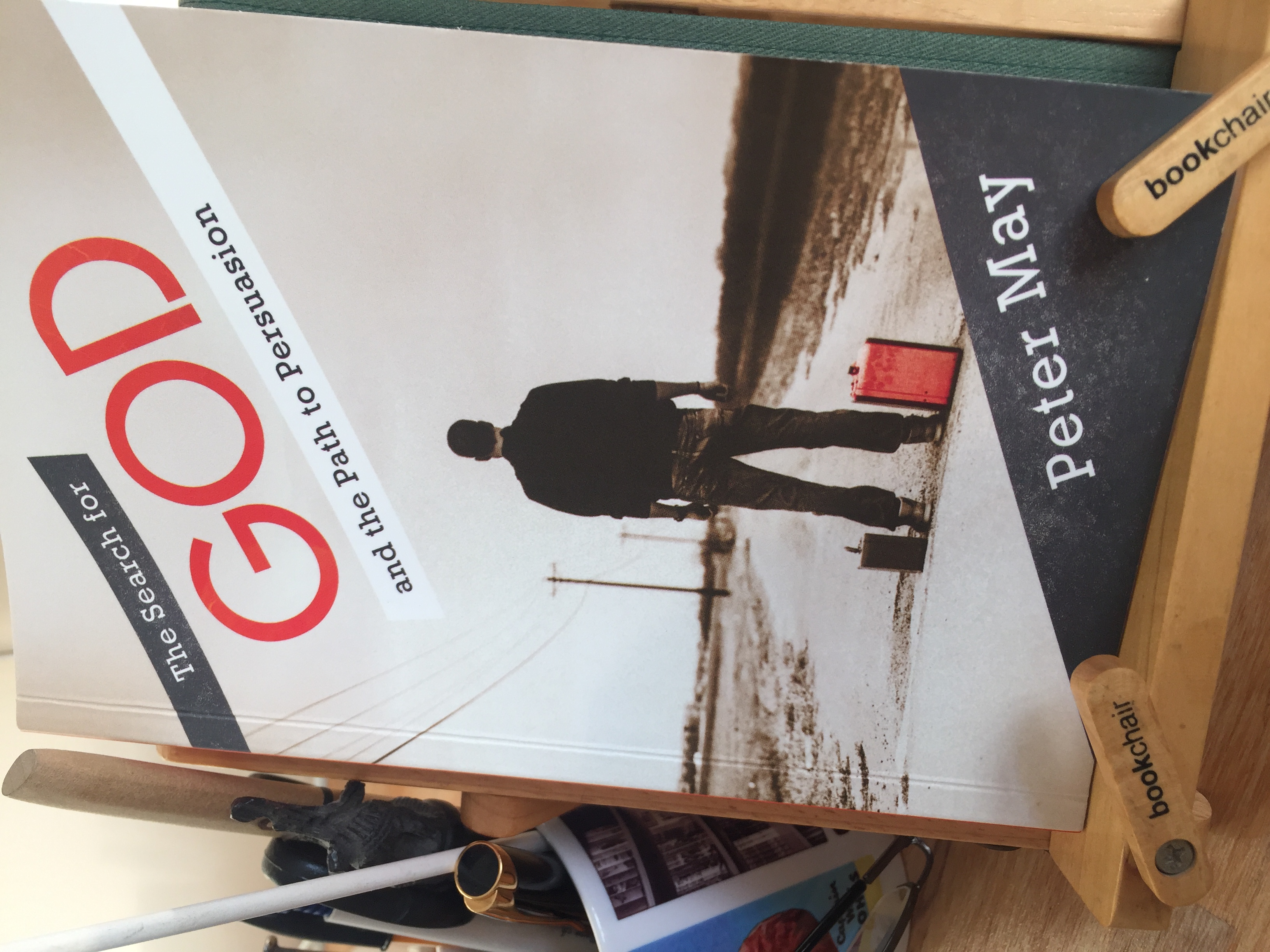Guest Post by Rob Payne from HOPE worldwide

How to help somebody on the streets.
People tell me that it seems like homelessness is getting worse and ask if it’s true. In London, unfortunately, it is – the numbers are still increasing in spite of all the efforts to help. The most recent official numbers showed a 28% increase in comparison to the same period last year.

There has been a significant increase in government funding which is helping to support effective work so that most are only on the streets for a short time, but sadly as fast as people are being helped out of homelessness, others take their place.
Over the years I have learned how to provide practical help. Many times, once I speak to someone, I am reassured that they are getting help already – other times I am able to direct them to a local project that can help them claim benefits, get food and help with accommodation options such as our Two Step programme.
Two Step works in partnership with many organisations to help prevent and tackle homelessness. The core support of our donors enables us to bid for further funds to enhance our work. For example, we were recently awarded funding from the London Mayor’s office to expand our service to church and community night shelters. The diagram below shows how people access our service.

Read and watch Curtis’s story for an example of how we can work. If you would like to volunteer in a night shelter, please get in touch by emailing jane.whitworth@hopeworldwide.org.uk because we may be able to connect you to a night shelter that is local to you.
If you want to know how to respond to someone who appears to be homeless, we recommend the following approach:

Ask – Get on their level, introduce yourself and ask if anyone is helping them. If they are not getting any help, they might benefit from being directed to a local project that can help them claim benefits for example.
Listen – Many people are happy to share their story of what happened and what they are trying to do about it. They may request something in particular that you can get them – better to ask than to assume.
Empathise – Empathy and compassion are very powerful. Many people become homeless because of things beyond their control. Even if you can’t help directly, people will appreciate that you took the time to listen and empathise.
Respond – Depending on what they share you might be able to do something. Share what you can do (see below) and ask them if they would like you to do that.
Take Action – You could do something there and then e.g. give them some information or get them something they would like to eat or drink. You could also do a bit of research to find out about local organisations at nextmeal.co.uk or www.homeless.org.uk/ You could also send an alert to ‘Streetlink’ using streetlink.org.uk/
For more information about homelessness and how to help, please visit our programme website:
Rob Payne
Director of Homeless Service, HOPE worldwide

